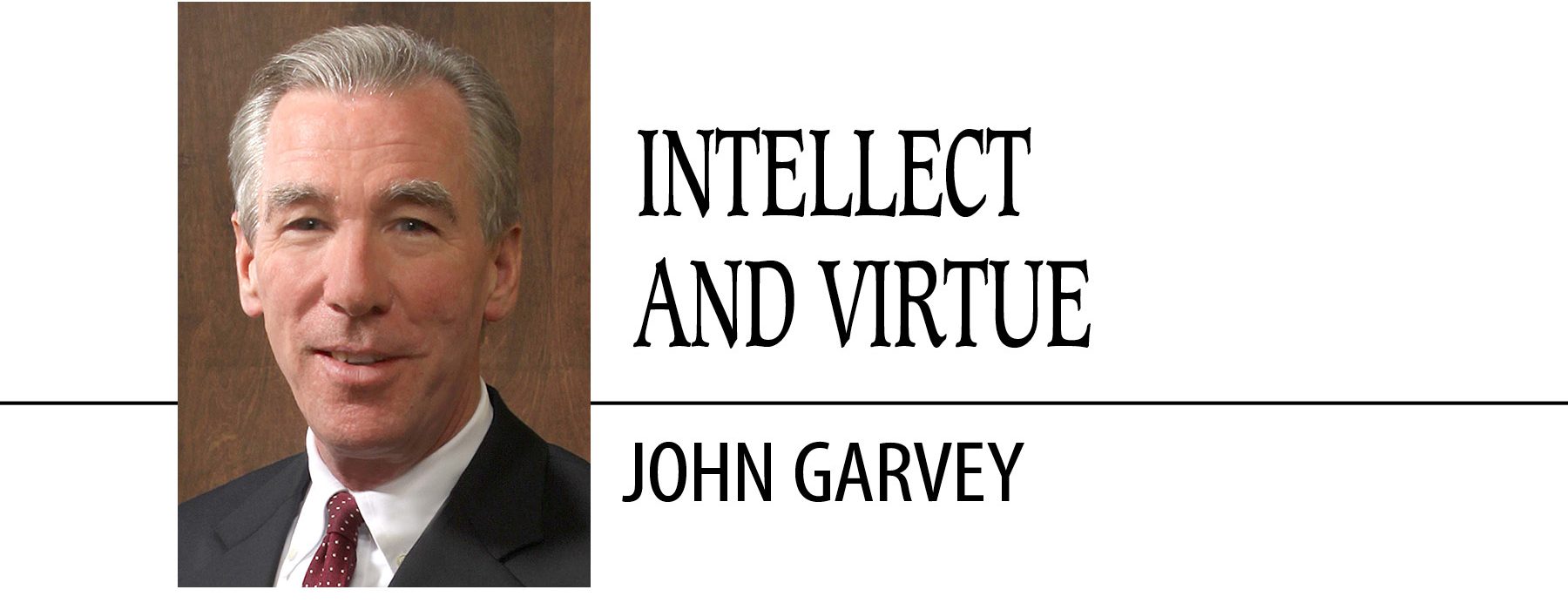September 1, 2021 // Perspective
Risky businesses
The U.N. Intergovernmental Panel on Climate Change released a report recently whose alarming rhetoric about carbon dioxide emissions — “code red for humanity” — got me thinking again about nuclear energy.
If the Earth’s situation is really as dire as the U.N. says, it stands to reason that we, or at least the great majority who don’t dispute the reality of anthropogenic global warming, should set aside our disagreements and embrace alternatives to fossil fuels.
If there were a reliable source of carbon-free energy that could easily be scaled up, everyone who cared about global warming would embrace it. After all, the planet and our lives hang in the balance. Right?
But we actually do have just such a technology readily available. Nuclear power produces zero carbon dioxide in its operation. And unlike solar and wind generation, it works in any sort of weather.
It’s also safe. Three Mile Island, the best-known U.S. nuclear accident, was actually an engineering success in that the problem was contained and no one was hurt. The Fukushima disaster, though worse than Three Mile Island, also killed no one. And it resulted from unique circumstances and a foolish decision to site a nuclear plant on an ocean shore.
About 50 people died in the 1986 Chernobyl disaster. It is unlikely to recur even in Russia given today’s technology. And almost that many people, about 40, die every year from natural gas explosions. But we are not afraid of natural gas, apart, of course, from its environmental impact.
During the Reagan administration, I handled a number of nuclear power cases in the Supreme Court — about plant safety (Karen Silkwood), environmental impacts and the California nuclear moratorium. The thing I noticed then was that resistance to nuclear energy was driven by what I took to calling the dread factor.
People fear nuclear power not because it is statistically unsafe, but because the harm it might cause is out of our control and could be catastrophic. The risk of death from driving a car far exceeds the risk from nuclear power generation, but we do that every day.
It’s not irrational to fear nuclear power. It’s just wrong. In making public policy about energy generation, though, the government has to take account of people’s fears while it works to allay them.
This is also how it is with COVID-19 vaccines. Science tells us people are much safer, as are those they interact with, if they get vaccinated. I had the virus early on, and I’ve had two shots of the Moderna vaccine. Pope Francis and retired Pope Benedict XVI have both been vaccinated. But many people still hesitate.
Some have religious concerns. Some worry about side effects like Guillain-Barré Syndrome that are as rare as lightning strikes. A few have verifiable medical reservations.
Most, though, are worried about what they don’t know. The mRNA vaccines are a new thing, even now authorized only for emergency use by the Food and Drug Administration, except for the Pfizer version. They don’t inject a live virus like measles and chickenpox vaccines. They tell our bodies how to make proteins that trigger an immune response.
Putting genetic material into a cell and teaching it a new program has a whiff of Frankenstein about it. It inspires the same dread in some people that nuclear energy causes in others.
We’re assured, with good reason, that the vaccines won’t change our DNA. But the vaccine hesitant are not reassured by the Centers for Disease Control and Prevention, just as the anti-nuclear lobby is not reassured by the Nuclear Regulatory Commission.
There is a tendency, though, to disdain the vaccine hesitant as dumb hicks “not following or believing the science.” We don’t hear this from the media about the anti-nuclear lobby. I can’t help but think this has something to do with the political orientation of the two groups.
The anti-nuclear lobby leans left. The vaccine hesitant lean right. But they have a lot in common. And though they are both mistaken, we should probably extend them the same degree of tolerance in making public policy.
John Garvey is president of The Catholic University of America in Washington, D.C.
The best news. Delivered to your inbox.
Subscribe to our mailing list today.






